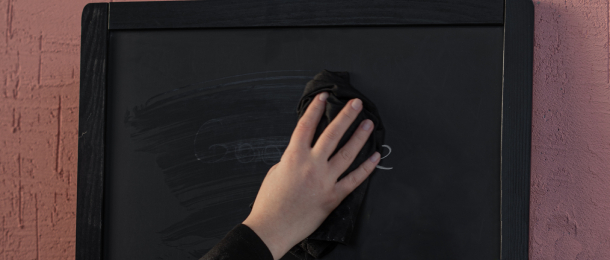Trustees are regularly losing or misplacing trust deeds, opening themselves up to claims they are not fulfilling their obligations or causing any arrangements within the trust to fail the trust’s beneficiaries, a financial services legal firm has claimed.
Townsends Business and Corporate Lawyers said that in the firm’s experience, the loss of trust deeds was commonplace and this event could raise questions about the ability of the trustee to know the terms of the trust they manage, which can include an SMSF.
“This may not sound like an issue for the pragmatic investor who simply uses their trust as an investment mechanism or for concessional tax outcomes,” Townsends paralegal Jim Townsend and principal Peter Townsend said.
“But courts have shown little reluctance in concluding that a trustee does not know the specific terms of the trust when the deed has been lost.”
The two highlighted this was demonstrated in the case of Jowill Nominees Pty Ltd v Cooper [2021] SASC 76, which related to a discretionary trust, and where the court found it was difficult for a trustee to discharge their duty to know and manage the trust if they did not have a copy of the governing rules of the trust.
A second case – Mantovani v Vanta Pty Ltd (No 2) [2021] VSC 771 – also heard in 2021 and related to a discretionary trust, indicated the loss of an original trust deed could negate the existence of the trust and unwind any arrangements under the trust.
The Townsends said in that case the trust deed had been lost and there was insufficient secondary evidence, such as documents that identified beneficiaries, the property of the trust or even the nature of the trust, that is whether it was a fixed, discretionary, SMSF or other trust, to prove the existence of the trust.
“The court held that the trust failed due to uncertainty, which means that without the trust deed the terms of the trust, and the parties to the trust, were unknown,” they said, adding the court confirmed a failed trust automatically gives rise to a resulting trust.
Under these circumstances a trustee holds the property on trust for the settlor, but that reverts to the person who contributed the property rather than the beneficiaries and problems can arise where the settlor has passed away and the property becomes part of their estate.
“There is material risk that the executor would not consider the trust beneficiary’s interest as relevant and that’s not to mention the catastrophic tax consequences that could flow as a result of such a revesting,” they said.
“The importance of safely keeping the original establishment deed of a trust cannot be overstated and yet deeds are lost with surprising regularity. Losing the deed can have deleterious consequences for both the trustee and the beneficiaries.
“All deeds should be scanned as those electronic copies may be invaluable if the original is misplaced.”




